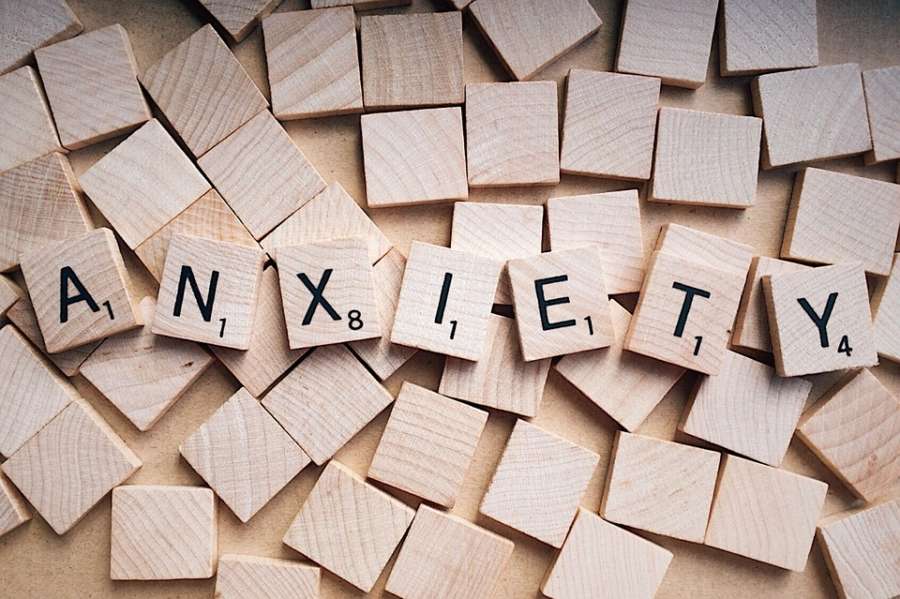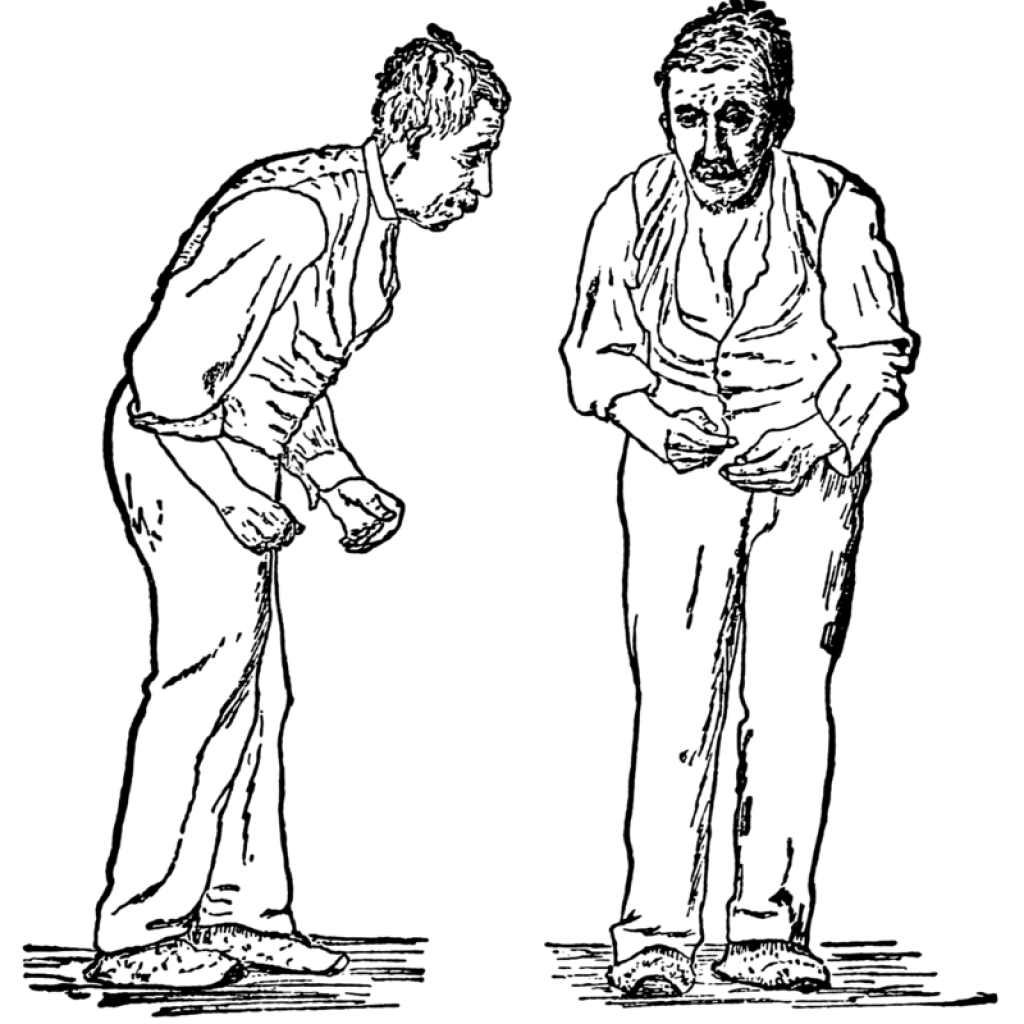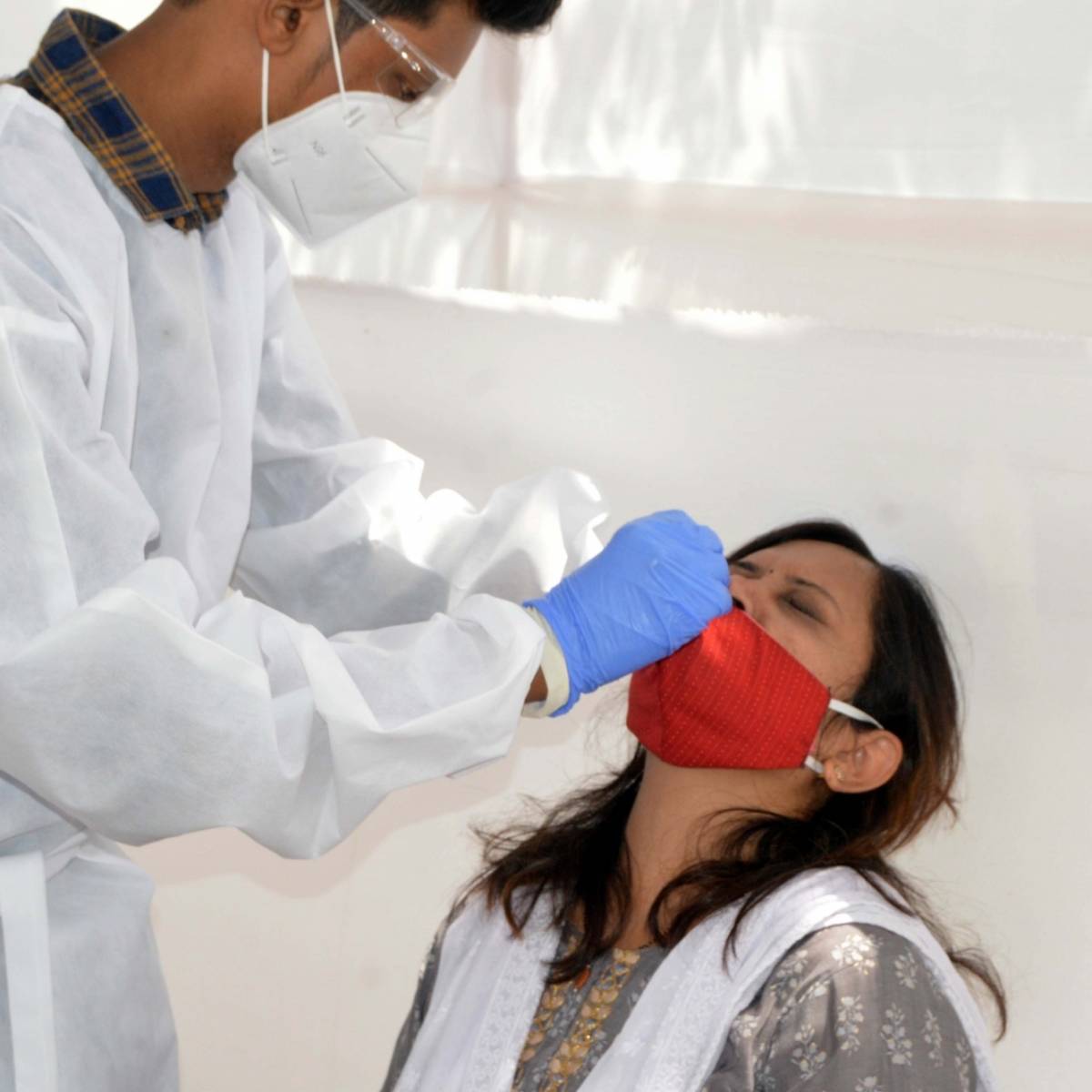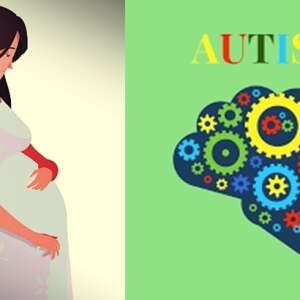While proper diagnosis of Parkinson’s disease is difficult, particularly in the early stages, it may take years before the ailment is accurately diagnosed…reports Asian Lite News.
In order to make awareness among people April 11 is celebrated as World Parkinson disease. Depression and anxiety could be the symptoms leading to Parkinson’s disease, says doctors on the occasion of World Parkinson’s Day on Sunday.
Parkinson’s disease is a progressive nervous system disorder that affects the movement of the human body. Symptoms start gradually, sometimes starting with a barely noticeable tremor in just one hand. Tremors are common but the disorder also commonly causes stiffness or slowing of movement.

While proper diagnosis of Parkinson’s disease is difficult, particularly in the early stages, it may take years before the ailment is accurately diagnosed. The fact that symptoms and progression of symptoms vary between individuals adds to the complexity of diagnosing Parkinson’s disease.
“Though Parkinson’s disease causes slowing of overall body movements, mental health issues are quite common (70-80 per cent) in such patients. Not often the disease manifests with mental disorders (anxiety, depression) rather than physical slowing. These mental disorders have a greater impact on the overall quality of life than the physical disability. Depression is the commonest mental disorder presenting as reduced interest and motivation along with fear of socialising among Parkinson’s disease victims,” said Abhinay M. Huchche, Consultant Neuro-Physician, Sree Lakshmi Gayatri (SLG) Hospitals.

According to him, various types of sleep disturbances, visual hallucinations, thoughts filled with paranoia are also noticed in the patients.
Screening for mental health issues in the first visit to the neurologist is a must. In the busy clinics, the caretaker must proactively bring up issues pertaining to mental health so that they could be addressed. Usually a multidisciplinary approach is needed to tackle mental health issues.
“An exercise programme for victims of Parkinson’s disease helps boost their motivation and support groups help them overcome the depression. Appropriate medicines are added as per the need. Psychosis (hallucinations and delusions) wherein Parkinson’s disease individuals lose touch with reality has to be dealt with sensitively. Caregivers and society need to be told that it is their faulty mind and not the original person that is behaving abnormally. Psychology, therapy and drugs form the core of therapy,” added Abhinay Huchche.
Commenting on the ailment’s frequency, Kailas Mirche, Consultant Neurologist, Continental Hospitals, pointed Parkinson’s disease is the second most common neurodegenerative disorder after Alzheimer’s disease. The ailment is witnessed more commonly in men than in women.
“The prevalence of Parkinson’s increases with age and only 4 per cent of Parkinson’s cases are diagnosed before the age of 50. While approximately 1 per cent of the population above 60 years suffers from Parkinson’s, its instance increases to 5 per cent among those above 86 years.”
“Parkinson’s disease is already the fastest-growing neurological disorder in the world; and some international studies suggest that the number of people with Parkinson’s has increased by over 35 per cent in the last 10 years. Although Parkinson’s disease can’t be cured, it is important its victims know about the condition at an early stage which could be managed using medications. Occasionally, doctors may suggest surgery to regulate certain regions of brain to improve the symptoms,” Ketan Chaturvedi, Senior Consultant, Neurology, Wockhardt Hospital at Nagpur.

“Mental health issues are underrated, stigmatised and unaddressed in our society; and such conditions could be linked to more serious complications like Parkinson’s disease. It is important we take a sympathetic approach to the victims of Parkinson’s disease, and the social circle around such individuals promptly identifies these symptoms and provides help in improving the overall quality of life of these individuals,” added Praveen Changala, Consultant — Neuro Physician, Aware Gleneagles Global Hospital, LB Nagar.














